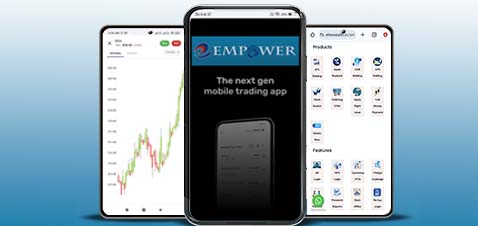
Reliance Industries Ltd (RIL), India’s energy and industrial conglomerate, has reportedly procured at least 2.5 million barrels of crude oil from Middle Eastern sources, signaling a strategic shift in its oil procurement approach. The purchases include Iraq’s Basrah Medium, Al-Shaheen grade, and Qatar Land grade, reflecting the company’s intent to diversify its supply sources amid evolving geopolitical and global energy conditions.
This development comes against the backdrop of growing international pressure on India to reduce reliance on Russian crude. Reliance has historically been the largest Indian buyer of Russian crude, supplying its massive refining and petrochemical operations. However, global sanctions and an upcoming European Union ban on refined Russian fuel, effective January 21, 2026, have prompted Indian refiners to explore alternative sources to safeguard both domestic supply and export commitments.
Strategic Diversification in Crude Sourcing
Reliance’s decision to tap Middle Eastern crude is part of a broader strategy to maintain operational continuity while adapting to global market pressures. The company has been actively seeking crude grades comparable in quality to Russian crude, ensuring that its refining processes at the Jamnagar complex—one of the largest refining hubs in the world—remain efficient and cost-effective.
Analysts note that diversifying crude sources not only mitigates geopolitical and regulatory risks but also helps Reliance navigate the volatility of international oil prices. By integrating Middle Eastern grades into its refining slate, the company ensures flexibility in production planning and product output, allowing it to continue meeting domestic demand and fulfilling export commitments without disruption.
Impact on Exports and Global Operations
The timing of these Middle Eastern purchases is particularly significant given the impending EU restrictions on fuel refined from Russian crude. Reliance exports a substantial portion of its refined products to Europe, and ensuring compliant feedstock is crucial to maintaining market access. By strategically sourcing alternative crude, Reliance aims to protect its export capabilities while adhering to evolving international trade norms.
Corporate and Industry Implications
Reliance’s move is being closely watched as an indicator of how Indian refiners might adapt to geopolitical pressures and changing global oil trade dynamics. The company’s proactive procurement strategy reflects a careful balance between maintaining supply security, optimizing refinery operations, and aligning with international regulations.
The broader energy market is observing similar shifts, as refiners worldwide reassess their supply chains in response to sanctions, trade restrictions, and rising global demand for diversified crude sources. Reliance’s ability to navigate these challenges highlights the company’s strategic foresight and operational resilience, positioning it as a leader in India’s refining sector amid a complex international energy landscape.
Conclusion
Reliance Industries’ Middle Eastern crude purchases underscore the intricate interplay between corporate strategy, geopolitics, and market forces in the global energy sector. By diversifying its crude procurement while maintaining operational efficiency and export commitments, Reliance demonstrates resilience and foresight, ensuring its continued leadership in refining and petrochemicals even amid uncertain global energy dynamics.
Disclaimer:
This article is intended solely for educational and informational purposes. The securities or companies mentioned are provided as examples and should not be considered as recommendations. Nothing contained herein constitutes personal financial advice or investment recommendations. Readers are advised to conduct their own research and consult a qualified financial advisor before making any investment decisions.
Investments in securities markets are subject to market risks. Please read all related documents carefully before investing.


